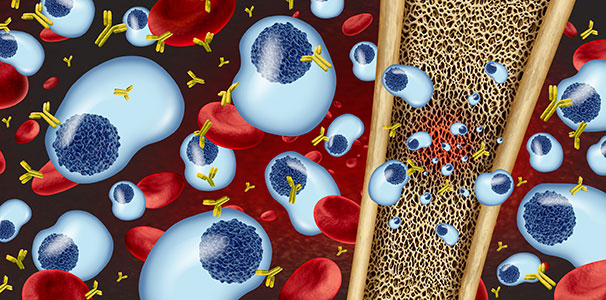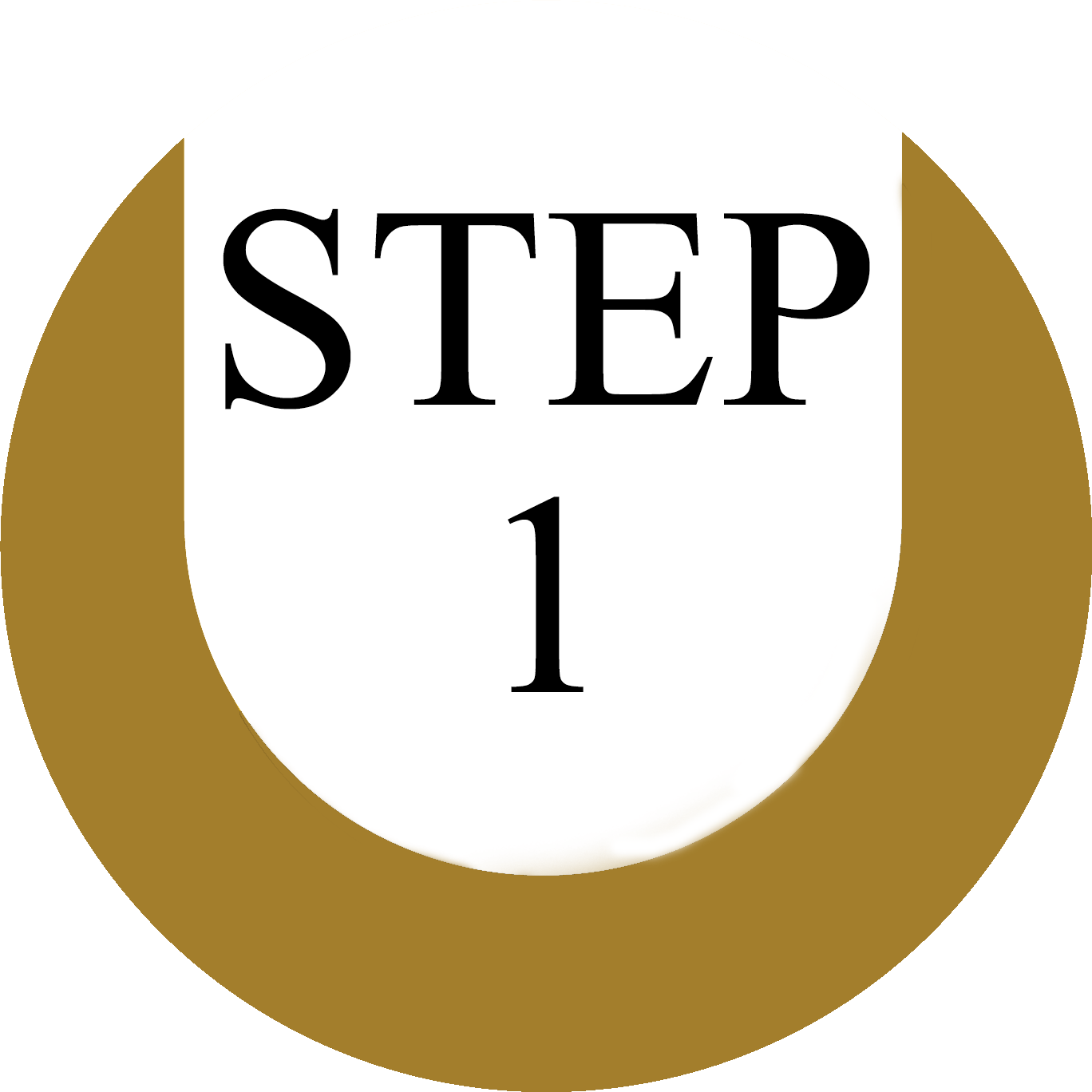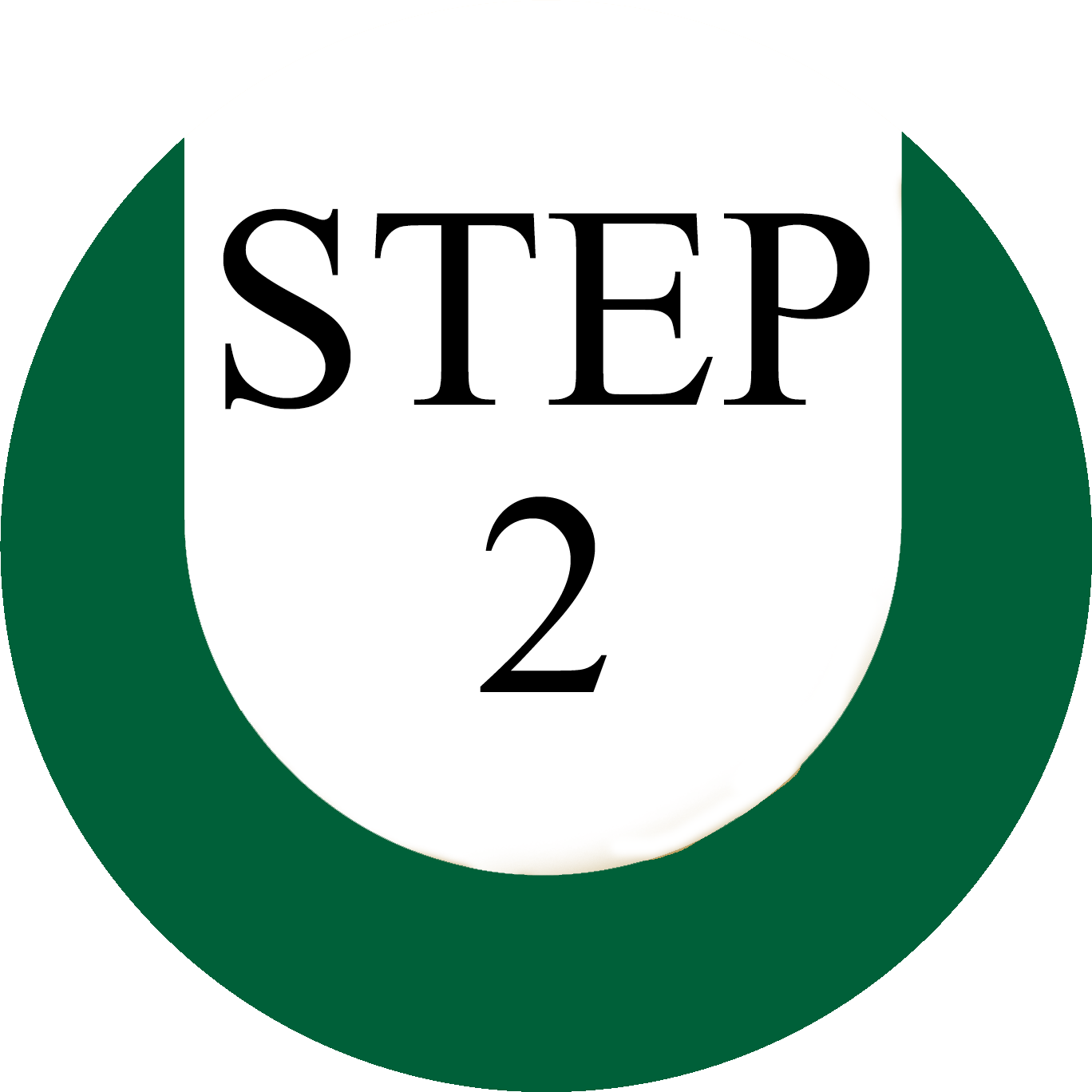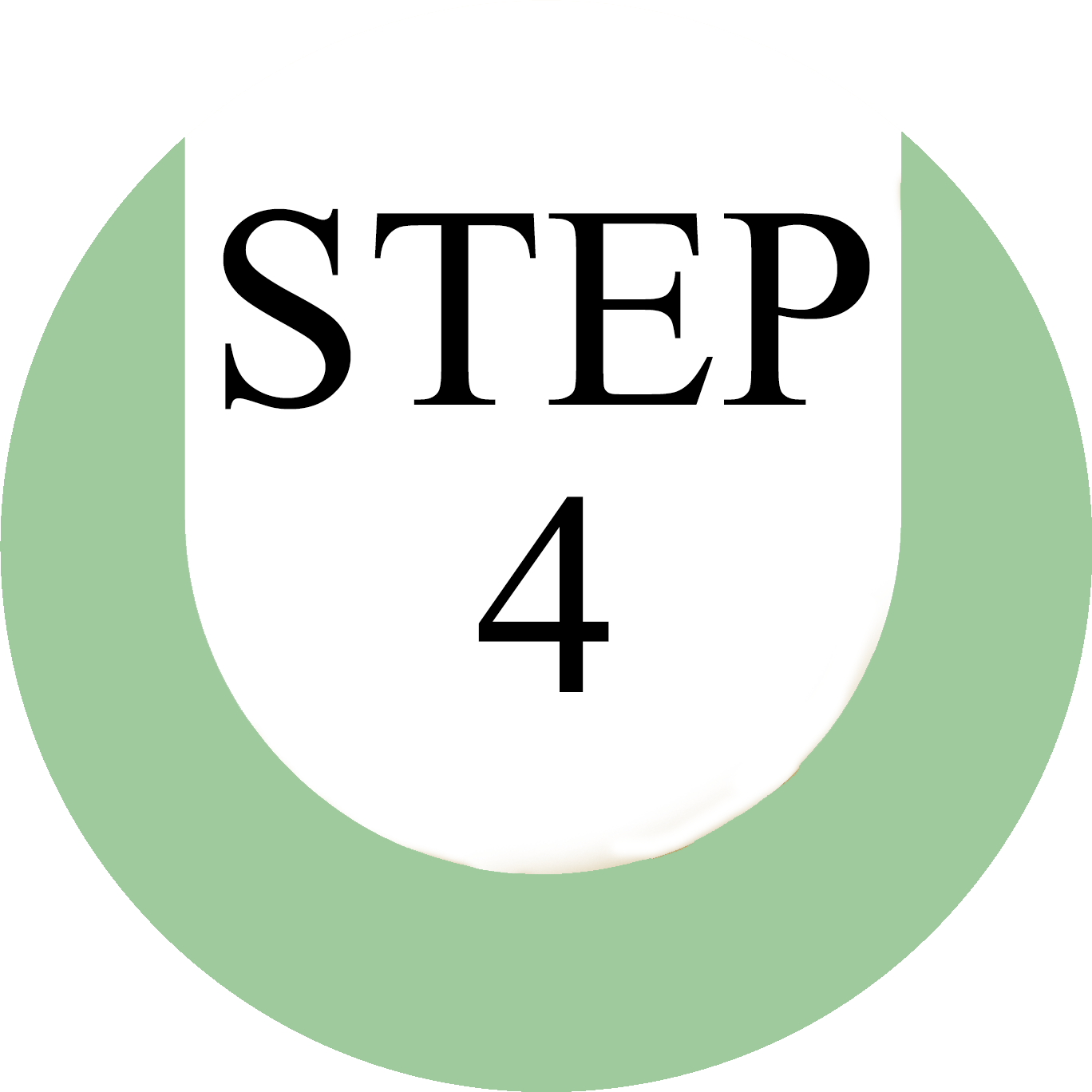
Leukemia, Lymphoma and Multiple Myeloma

Lung Cancer

Breast Cancer

Ear, Nose, & Throat Cancer

Biopsy Diagnosis

The second opinion of an experienced oncologist frequently deviates from the initial recommendations when surgery is recommended.
When you’re facing cancer treatment, it’s normal to wonder if another doctor could offer more information or a different treatment option. You might want to find another doctor who can look at your test results, talk with you about your personal situation, and maybe give you a different take on it. Getting a second opinion can help you feel more sure about your diagnosis and treatment plan.
Treatment decisions should be made after you have learned all you can about your diagnosis, prognosis, and available treatment options. This can take time, depending on the type of cancer you have. In a few cancers, there are some treatment decisions that have to be made right away. But usually, you can take some time to think about them, and you should think about them. If you are concerned about waiting to start treatment, you should talk to your doctor.
Reasons for getting a second opinion include:
It’s hard to understand complex information when you are anxious or afraid. And sometimes, without knowing it, doctors use words that you don’t understand. If you don’t understand something, ask your doctor to explain it to you.
Even if the doctor carefully explains things, you may not hear or remember all that is said. Here are some ways to help you remember everything your doctor tells you.
Some people find it hard to tell their doctors that they’d like a second opinion. Remember it is common for patients to get a second opinion, and doctors are comfortable with the request. If you are unsure of how to begin, here are a few ways to start the conversation:
Although cancer patients seem to be asking for a second opinion more frequently, studies show the benefits of getting one are unclear . If the second opinion differs from the first, you may find the following tips helpful:


After you purchase your International Virtual 2nd Opinion, your assigned case manager will communicate with you via mobile chat, video chat, phone calls, and email — all with translation in your native language.






You will meet your physician in a video call in your native language to discuss your results, and you will receive a written report in our native language.


Please be aware that the services offered on this platform are with U.S. physicians via a virtual 2nd opinion service. Diagnosis may differ when the physician has had the opportunity to provide an in-person examination. The absence of the in-person examinations can affect the accuracy of the diagnosis and resulting opinion. Please also be aware that a virtual 2nd opinion will not establish a provider-patient relationship. The provide patient relationship can only be established when the patient signs a consent to treatment form in the physician’s physical clinic location in the United States.